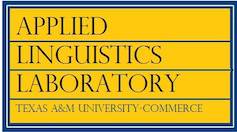Exploring mega-corpora: Google Ngram Viewer and the Corpus of Historical American English
DOI:
https://doi.org/10.21283/2376905X.1.4Keywords:
GOOGLE N-GRAM VIEWER, CORPUS OF HISTORICAL AMERICAN ENGLISH, MEGA-CORPORA, TREND STUDIESAbstract
The creation of internet-based mega-corpora such as the Corpus of Contemporary American English (COCA), the Corpus of Historical American English (COHA) (Davies, 2011a) and the Google Ngram Viewer (Cohen, 2010) signals a new phase in corpus-based research that provides both novice and expert researchers immediate access to a variety of online texts and time-coded data. This paper explores the applications of these corpora in the analysis of academic word lists, in particular, Coxhead’s (2000) Academic Word List (AWL). Coxhead (2011) has called for further research on the AWL with larger corpora, noting that learners’ use of academic vocabulary needs to address for the AWL to be useful in various contexts. Results show that words on the AWL are declining in overall frequency from 1990 to the present. Implications about the AWL and future directions in corpus-based research utilizing mega-corpora are discussed
Downloads
Published
How to Cite
License
Copyright (c) 2014 Eric Friginal

This work is licensed under a Creative Commons Attribution 4.0 International License.


